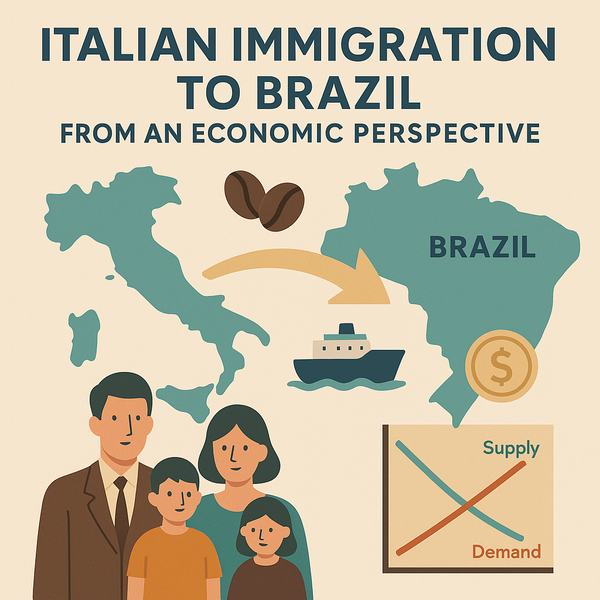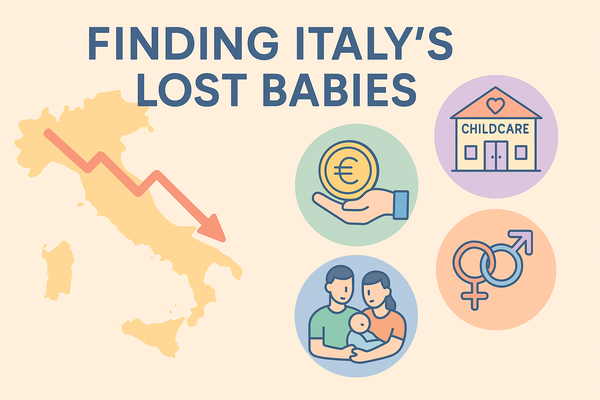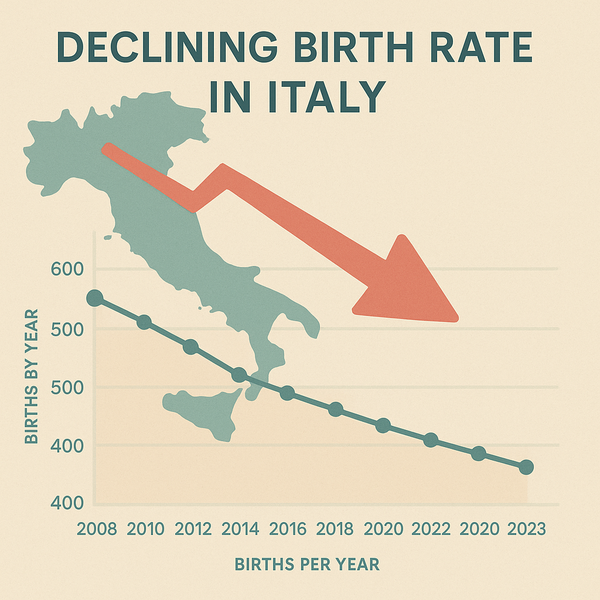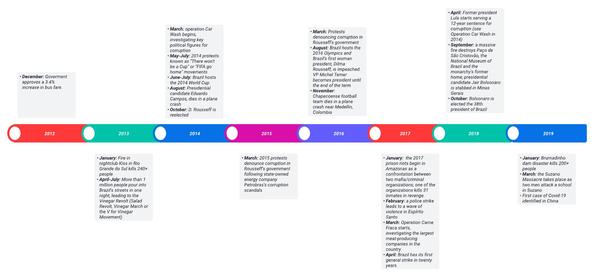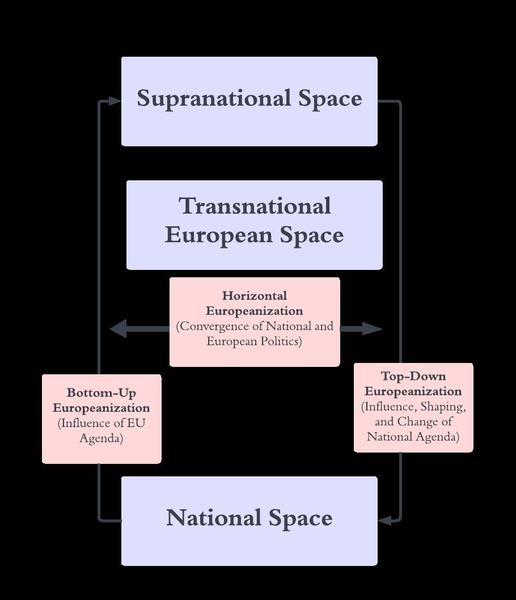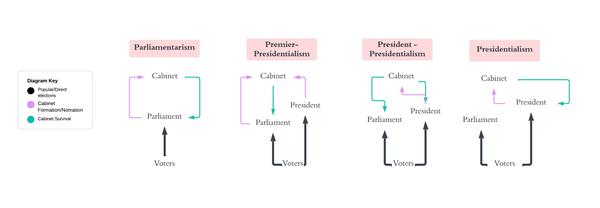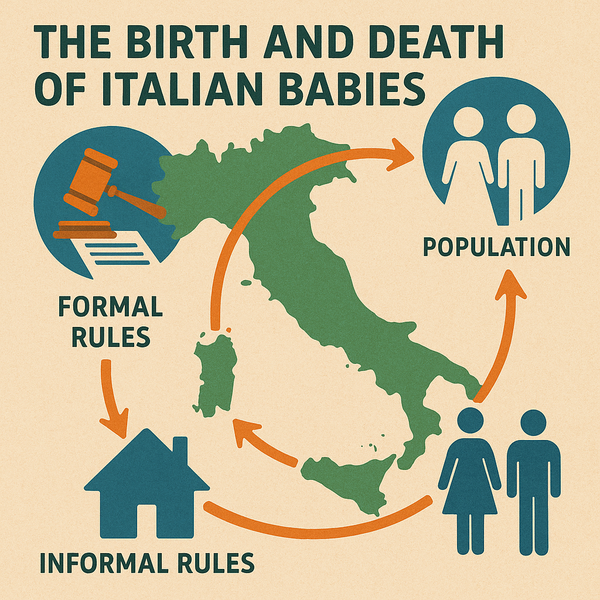
Final Assignment — The Birth and Death of Italian Babies
I explore Italy’s record‑low fertility through the dual lenses of formal rules (maternity leave laws, family welfare policies, citizenship income) and informal norms (gendered domestic roles, dual‑income pressures). Using system mapping and institutional analysis, the paper uncovers self‑reinforcing feedback loops that sustain demographic decline and argues for coordinated legal and cultural reforms to revive Italian family life.

